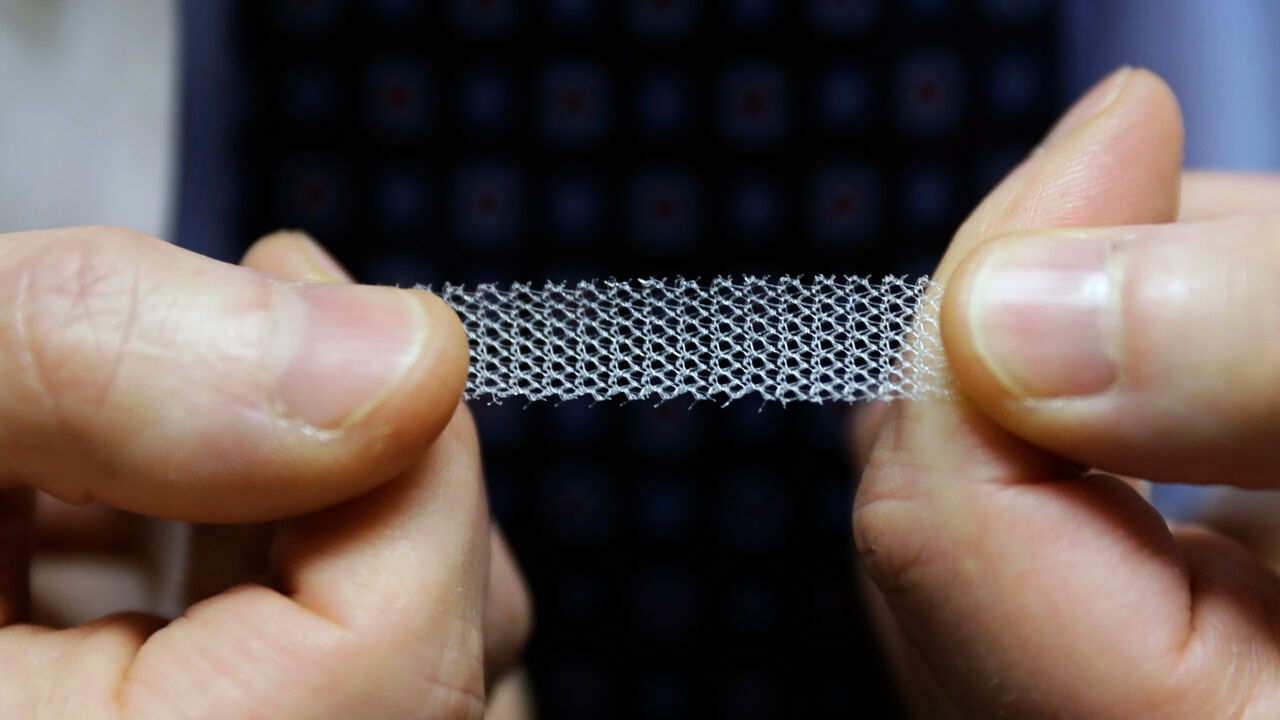
Flemish victim of pelvic mesh fiasco speaks out
In Australia over 1300 women have won a court case against Johnson & Johnson, the company that manufactured pelvic mesh used to stop incontinency. Implants of the mesh have led to dreadful side effects including continual pain. In Belgium too there are victims. Christ'l Van De Looverbosch now suffers so much pain that she ended up in a wheelchair and can’t work anymore.
Hendrik Cammu, lecturer in gynaecology at the Flemish Free University of Brussels explains that the mesh is used to replace tissue and prevent incontinency. It was vigorously promoted by the company for years, doctors received bonuses from the company, but it is used less nowadays.
Johnson & Johnson no longer produces the pelvic meshes. In the US they are banned except in the use of scientific studies, while in Belgium demand has tailed off since 2015 when they were no longer reimbursed by the health funds.
Christ'l Van De Looverbosch had pelvic mesh implants in 2011 to rectify problems with her womb and bladder. Today she is in permanent pain. In the end she couldn’t cycle or walk anymore and ended up in a wheelchair. As a result she had to give up her job as a child minder. Countless operations have not provided any relief. “The damage has been done” a doctor told her. The pain is caused by the shrinking of the mesh that grows into the body.
A joint court case, like in Australia, isn’t possible in Belgium. Christ’l has been involved in court proceedings for six years now.
How many people are suffering in Belgium as a result of pelvic mesh is not known. In the Netherlands the figure is around 1,500.
Hendrik Cammu implanted 12 meshes around a decade ago, but stopped because of the nasty side effects. A small number of patients suffer mutilating effects. In the US some doctors are already specialised in the removal of meshes.